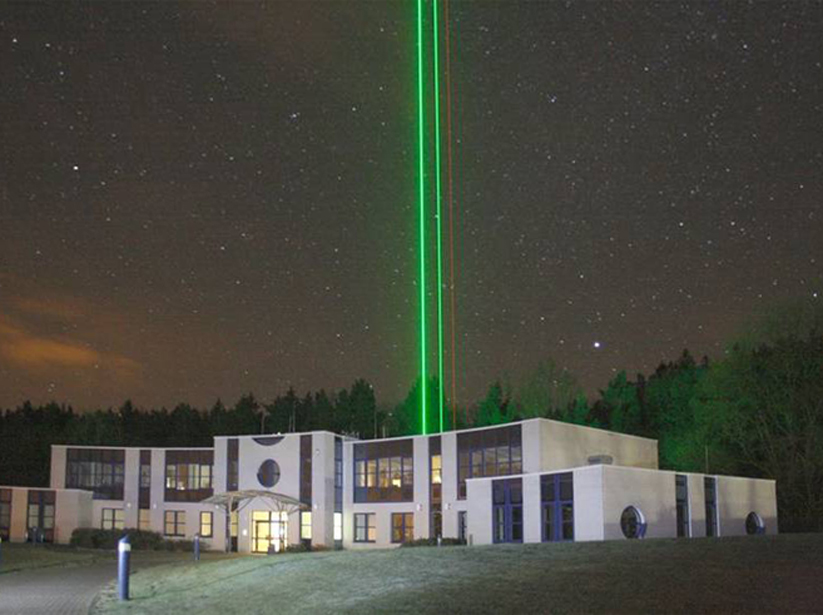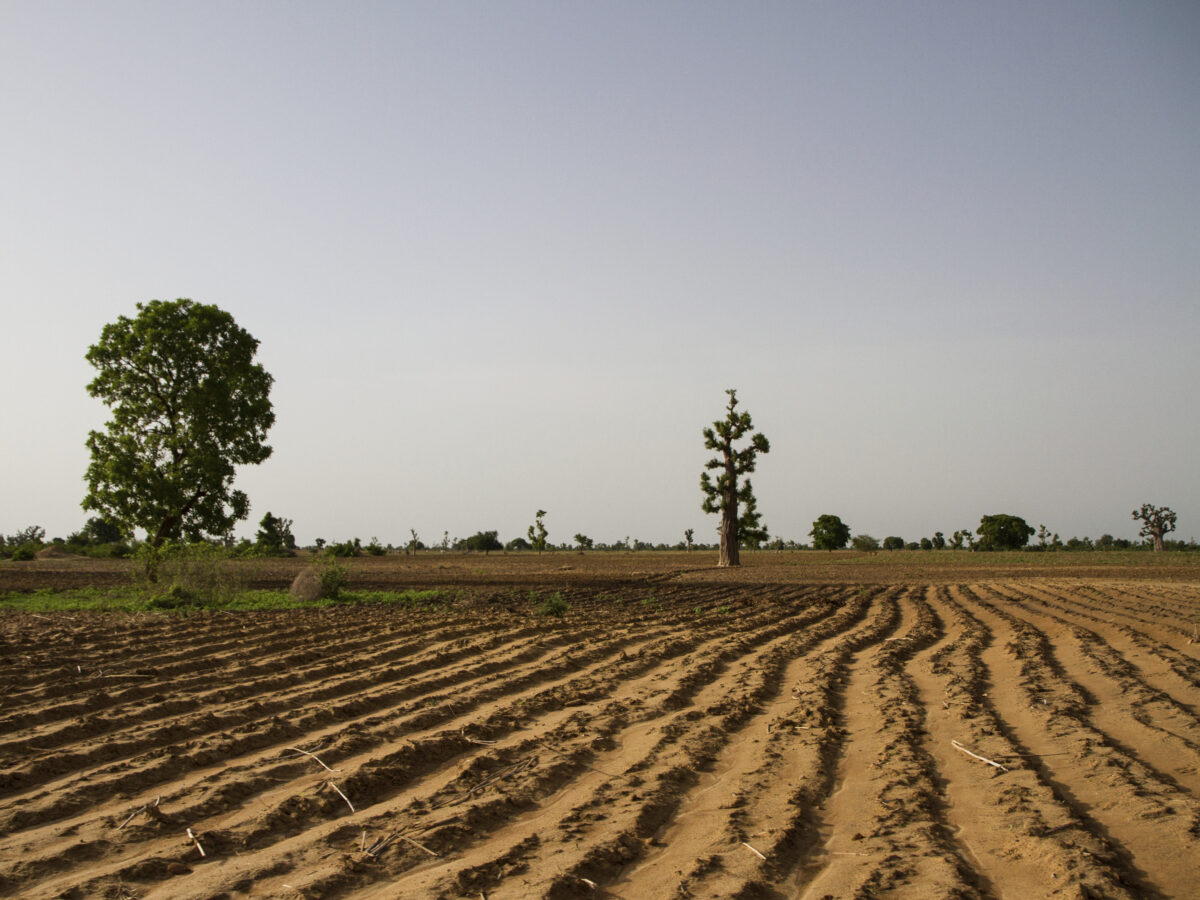8th Workshop on Long-Term Changes and Trends in the Atmosphere;
Cambridge, United Kingdom, 28–31 July 2014
Science Updates
Counting the Ocean's Greenhouse Gas Emissions
A new database seeks to improve estimates of oceanic emissions of methane and nitrous oxide.
Reading History From Afar
A look at the sedimentary record in northern Ethiopia tells the story of oceans past—and maybe future.
Measurements, Modeling, and Scaling of Inland Water Gas Exchange
Advancing the Science of Gas Exchange Between Fresh Waters and the Atmosphere; Hyytiälä Forestry Field Station, Korkeakoski, Finland, 15–19 September 2014
Exploring Radioisotopic Geochronology and Astrochronology
IsoAstro Geochronology Workshop: The Integration and Intercalibration of Radioisotopic and Astrochronologic Time Scales;
Madison, Wisconsin, 18–23 August 2014
Climate, Land Use, and Conflict in Northern Africa
MPI-M/CliSAP Workshop on Climate, Land Use, and Conflict in Northern Africa; Lübeck, Germany, 22–25 September 2014
New Proposed Drilling at Surtsey Volcano, Iceland
SUSTAIN workshop; Heimaey Island, Iceland, 30 September to 4 October 2014
Twenty-Five Years of Interdisciplinary Global Change Science
Aspen Global Change Institute Session on Frontiers of Global Change Science;
Aspen, Colorado, 18–22 August 2014
Integrated Research Approaches to Coastal Zone Management
India-EU Workshop on Coastal Zone Management and Impact on Society;
Alleppey, India, 6–9 October 2014
Developing Climate Model Comparisons
Experimental Design for CMIP6: Aerosols, Land Use, and Future Scenarios;
Aspen, Colorado, 4–8 August 2014






